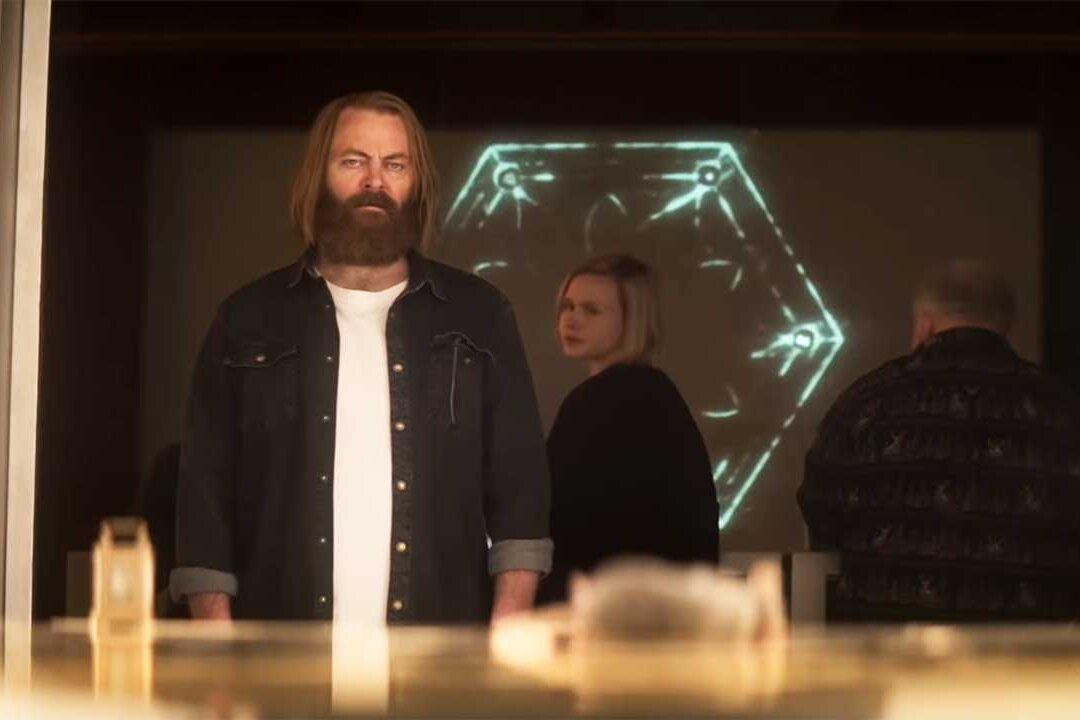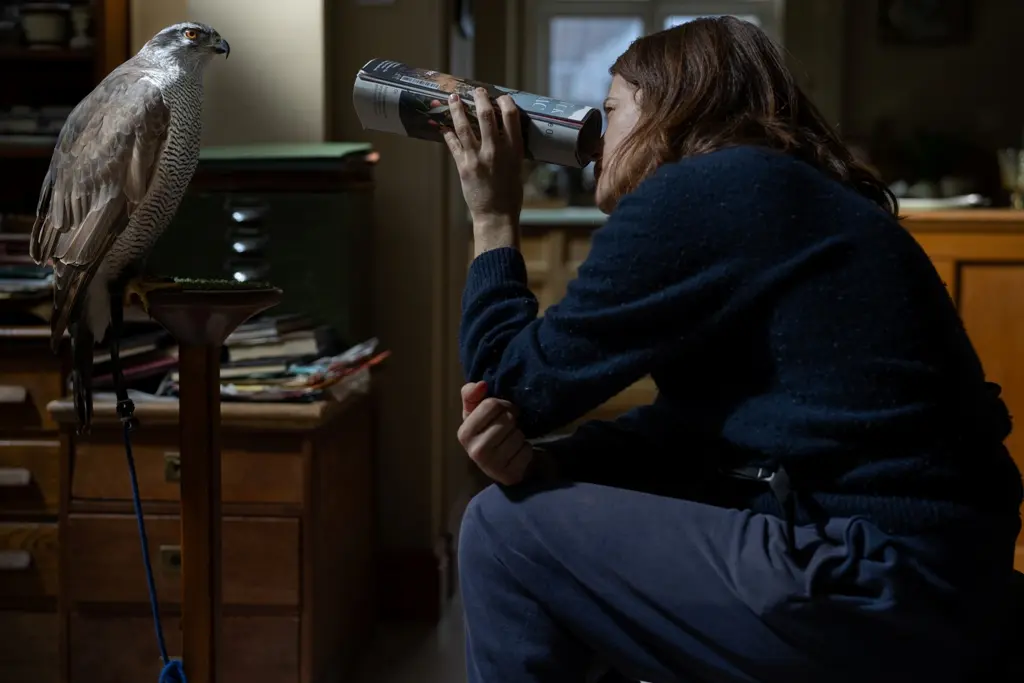TV-MA | 8 episodes | Drama, Sci-Fi, Mystery, Thriller | 2020
After “Ex Machina“ and “Annihilation,” but before “Men” and “Civil War,” writer and director Alex Garland produced the eight-part miniseries “Devs” FX on Hulu. (The term ”devs“ is shortened technology industry speak for ”development.") The sci-fi series was far ahead of its time when it debuted in 2020, yet now, just four years later, it feels not so much dated in hindsight, but rather eerily prophetic.






